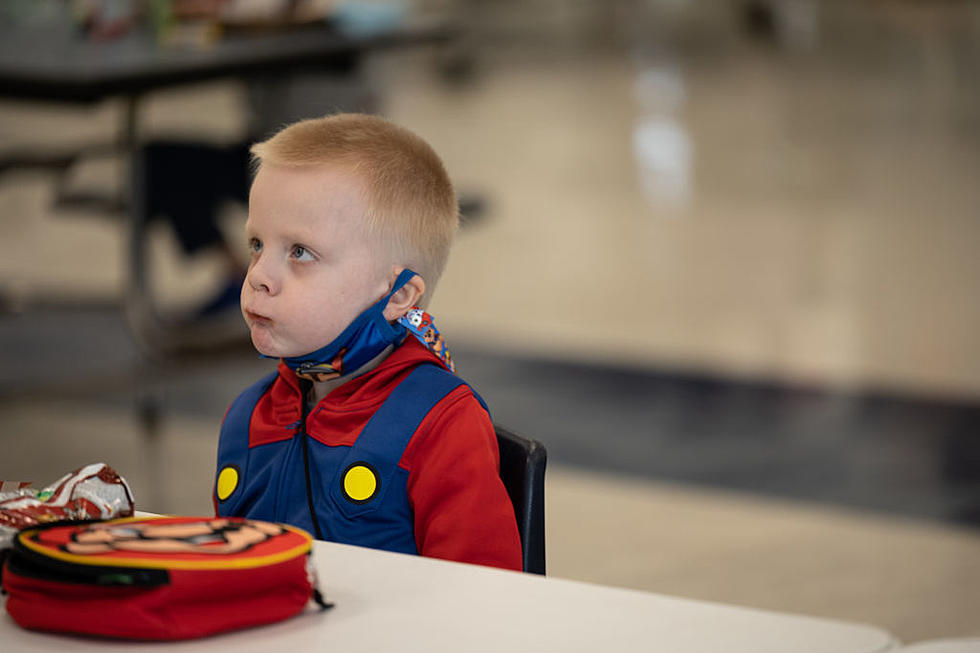
Kalamazoo School District To Receive $450K Grant To Combat Hunger
Good news for 13 school districts and community organizations here in the state of Michigan. MLive is reporting about an organization called No Kid Hungry that awarded these schools districts and community organizations $450,000 to “combat student hunger”.
No Kid Hungry is part of a group called Share Our Strength which is a 501(c)(3) public charity based out of what appears to be Baltimore MD and Washington D.C. There appear to be no tax dollars involved with these grants.

The grant recipients in Michigan are:
- Kalamazoo Public Schools
- Bangor Public Schools
- Cassopolis Public Schools
- Comstock Park Public Schools
- Detroit Public Schools Community District
- Eastpointe Community Schools
- Hamtramck Public Schools
- Fennville Elementary School
- Mid-Peninsula School District
- Ypsilanti Community Schools
- Young Men’s Christian Association of Monroe Michigan
- Young Men’s Christian Association of Saginaw
- 313Reads
The senior program manager for No Kid Hungry Michigan, Mindy Grant said:
“No child should have to struggle with an empty stomach or stress about when they will eat again…These grants will help reach more kids with the food they need…We applaud schools and community organizations working tirelessly to support their communities and ensure all kids have the adequate nutrition to be active, healthy and ready to learn”
The question I have is where is all the money we spend on the Food Stamp Program in Michigan as well as the food programs we currently have at our schools?
Is there not enough money in these programs to help feed those that are truly in need?
Or is the criteria to receive Food Stamps too loose hence people who should not be receiving Food Stamps are therefore there is less money to give those truly in need?
The state should commission a non-partisan independent commission to answer these questions.
See How School Cafeteria Meals Have Changed Over the Past 100 Years
More From WBCKFM
![Bullet Grazed Border Patrol Agent’s Head During School Shooting [PHOTOS]](http://townsquare.media/site/34/files/2022/05/attachment-Screen-Shot-2022-05-26-at-12.27.42-PM.jpg?w=980&q=75)








